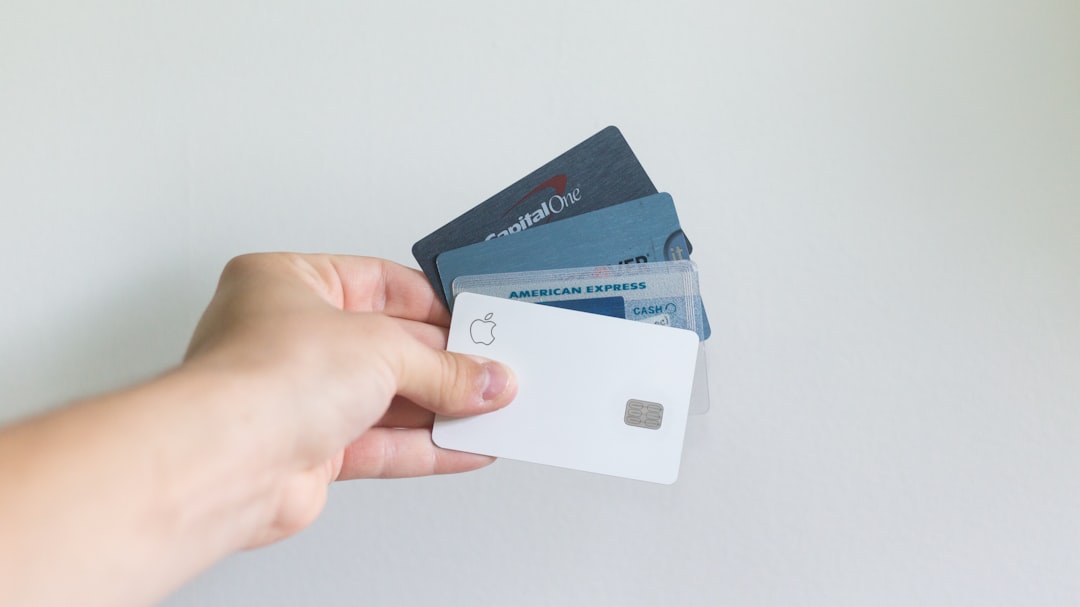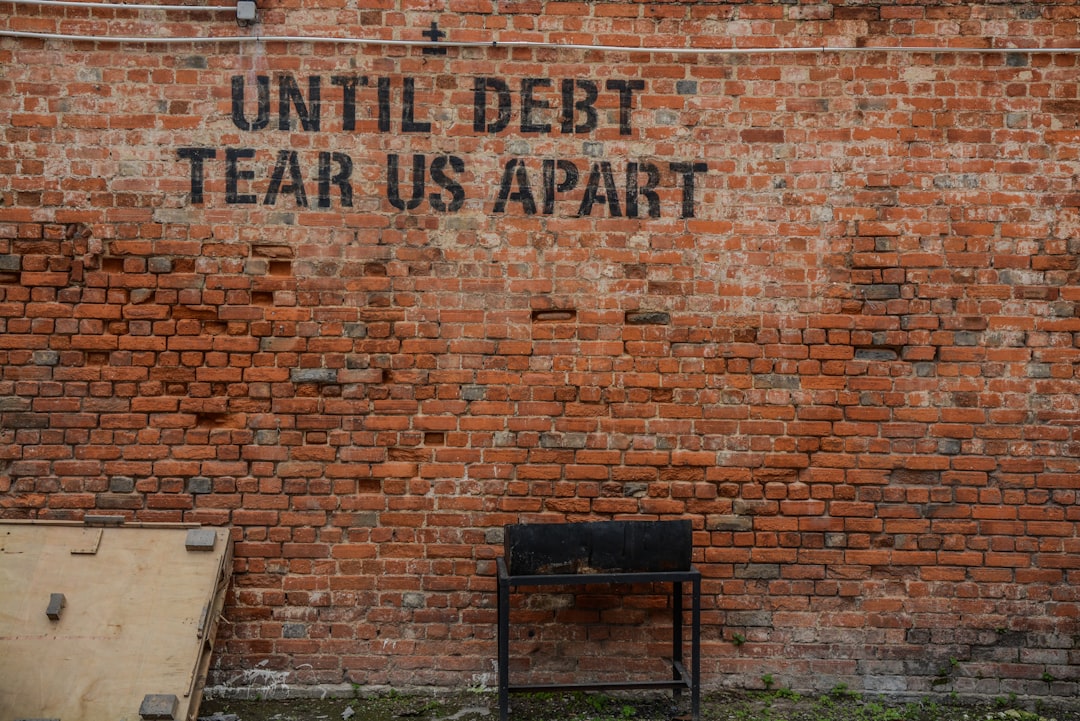Bad credit debt consolidation loans help homeowners simplify and reduce multiple high-interest credit card debts, improving cash flow and financial stability. By combining debts into a single loan with lower interest rates, individuals can ease repayment stress, save on interest payments, and repair their credit scores over time. Access to these loans requires a low credit score (below 600), stable employment, and property verification, with funds used to pay off existing debts. Post-consolidation, responsible credit management practices like timely bill payments, low credit utilization, error monitoring, and increasing credit limits can further improve credit scores and borrowing capabilities.
Struggling with multiple credit card debts? As a homeowner with a low credit score, you might think borrowing is out of reach. However, bad credit debt consolidation loans can offer a fresh start. This article guides you through consolidating your credit card debt, explaining the benefits for homeowners like you. We’ll cover eligibility criteria, the application process, and crucial strategies to improve your credit score afterward. Learn how consolidating debts can simplify your finances and set you on the path to financial stability.
- Understanding Bad Credit Debt Consolidation Loans
- Benefits of Consolidating Credit Card Debt for Homeowners
- Eligibility Criteria and Application Process
- Strategies to Improve Credit Score After Consolidation
Understanding Bad Credit Debt Consolidation Loans

Bad credit debt consolidation loans are designed to help homeowners with low credit scores manage and reduce their debt burden. These specialized loans allow individuals to combine multiple high-interest debts, such as credit cards and personal loans, into a single repayment package. By consolidating credit card debt, borrowers can simplify their financial obligations, lower monthly payments, and potentially shorten the overall loan term.
This approach offers several benefits, including improved cash flow management, reduced stress from multiple payment due dates, and the opportunity to repair one’s credit score over time. It’s a strategic way to gain control of finances and work towards long-term financial stability. With careful planning and responsible repayment, homeowners can use bad credit debt consolidation loans as a stepping stone toward better financial health.
Benefits of Consolidating Credit Card Debt for Homeowners

For homeowners struggling with multiple high-interest credit card debts, consolidating can offer a range of significant advantages. One of the primary benefits is the simplification of repayment processes. By combining several credit cards into one loan with a single, often lower, interest rate, homeowners can streamline their financial obligations. This makes managing their finances much easier, as they now have just one payment to track and remember, rather than multiple due dates and varying interest charges.
Additionally, debt consolidation loans for low-credit-score homeowners can help them gain control over their debt faster. With a consolidated loan, the homeowner repays the lender at an agreed-upon rate and schedule, allowing them to pay off their debts more efficiently. This can lead to substantial savings in interest payments over time. Moreover, it improves the homeowner’s credit profile by demonstrating responsible debt management, which can positively impact their future borrowing capabilities.
Eligibility Criteria and Application Process

To be eligible for bad credit debt consolidation loans, homeowners typically need a low credit score, often below 600. Lenders assess applicants’ financial health by reviewing their credit history and current debt-to-income ratio. Despite the challenges posed by low credit scores, these loans offer a chance to Consolidate Credit Card Debt and gain better control over monthly payments.
The application process usually involves providing detailed financial information, including income, existing debts, and property value. Homeowners may also need to meet certain income thresholds and have a stable employment history. Once the lender receives this information, they evaluate the applicant’s ability to repay the loan. If approved, the funds are disbursed to pay off outstanding debts, streamlining repayment and potentially lowering interest rates.
Strategies to Improve Credit Score After Consolidation

After consolidating your credit card debt, the next step is to focus on improving your credit score. One effective strategy is to pay your bills on time. Consistent timely payments can significantly positively impact your credit rating over time. Additionally, maintaining low credit utilization is vital; this means keeping your credit card balances below 30% of your available credit limit. You can achieve this by setting up automatic payments or reminders to ensure you never miss a due date.
Another strategy is to regularly monitor your credit report for errors or discrepancies. Errors can negatively affect your score, so it’s important to dispute any inaccuracies with the credit bureaus. Lastly, consider gradually increasing your credit limits as your financial situation improves. This shows lenders that you are responsible with credit and can handle higher balances, further enhancing your creditworthiness.
Bad credit debt consolidation loans can be a game-changer for homeowners struggling with high-interest credit card debt. By consolidating, you can simplify repayment and potentially save money on interest. Remember that while this option offers benefits, maintaining good financial habits post-consolidation is crucial to improving your credit score. Start by understanding your loan terms, making timely payments, and considering strategies to further enhance your creditworthiness over time.
